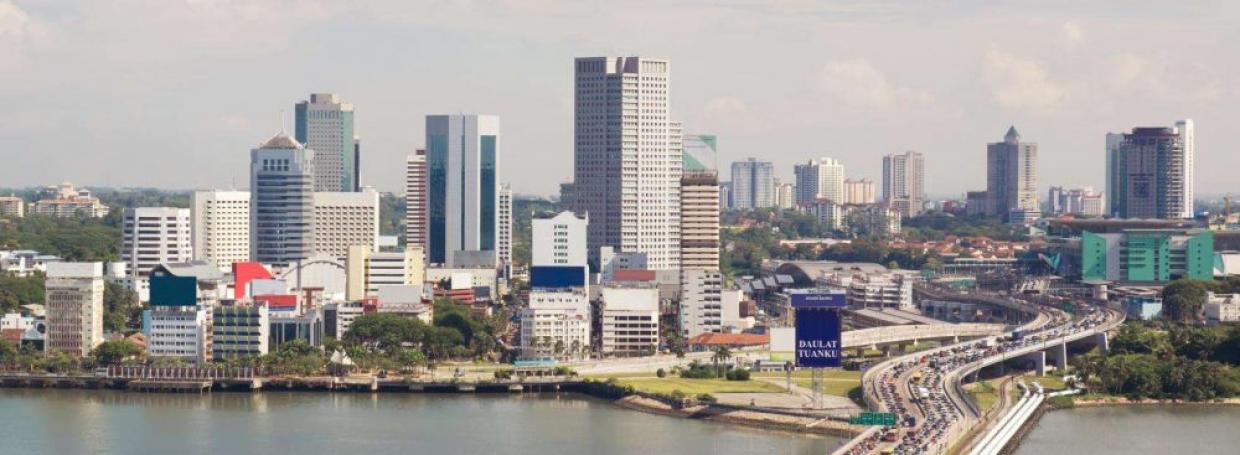What can we help you with?
Things you need to know before Riding a bike across Malaysia

Malaysians and Singaporeans all know that crossing the causeway can be a daunting affair. Other than the killer traffic jams which can last for hours, crossing the causeway via different transportation options also require some deft navigation.
Yet, the causeway between Singapore and Malaysia remains as one of the busiest crossings in Southeast Asia. The statistics are a little patchy, but data suggests about a quarter million commuters make the land journey between the two countries each day.
If the daily commute is such a nightmare, why would so many Malaysians and Singaporeans still do that?
Reasons include better career prospects in Singapore and lower cost of living in Malaysia. As such, it makes economic sense for Malaysians to continue living in Malaysia for lower living costs and earn a higher salary here in Singapore. Many Singaporeans are also increasingly open to the idea of living in Malaysia as they can afford bigger houses and still stay relatively close to their home country.
As such, daily commute across the causeway means you will have to anticipate being stuck for a long time, which is also why many prefer to ride a motorbike since it means you can probably try to “wriggle” your way through at a slightly faster pace, albeit more dangerously.
If you are considering moving to Malaysia to enjoy the cost savings and commute to work here on a daily basis, or if you are a Malaysian thinking of doing the same, here are some essential information you’ll need to know first.
Your Motorcycle
While it makes sense to get a Malaysian-registered motorbike for the obvious cost savings, Singaporeans are not allowed to buy a Malaysian-registered motorcycle for use in Singapore. You’ll thus have to still buy a locally-registered bike. On the other hand, any person who holds a Work Pass issued by Ministry of Manpower, who is also not a resident of Singapore (Malaysian in this case), may drive a foreign-registered vehicle in Singapore only if ALL these conditions are met:- He is the registered owner of the vehicle.
- He resides outside Singapore.
- He has a valid insurance certificate and road tax to use the vehicle on Singapore roads.
- The vehicle is kept or used outside Singapore for a total period of 6 hours or more every day.
- The vehicle has an Autopass Card to validate its entry/ exit at Woodlands and Tuas Checkpoints and to pay for VEP/ toll charges.
Entering Singapore - Motorcycle Insurance Coverage
Before entering Singapore, you are required to have:- a valid insurance coverage for your vehicle for the duration of your vehicle’s stay in Singapore.
- an Autopass Card


